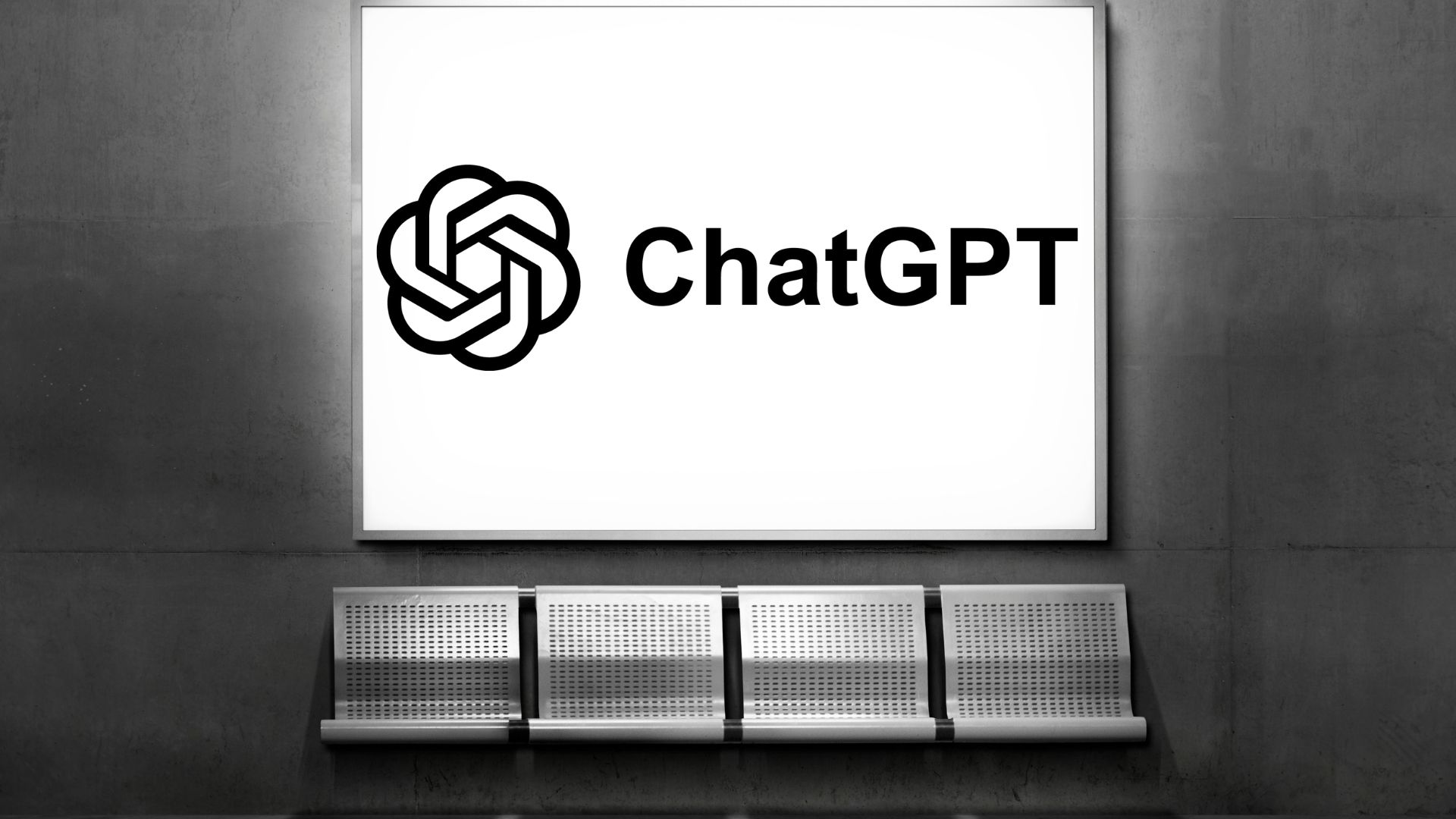China is planning to develop large-scale space-based data centres over the next five years as part of a broader push to support AI development. The China Aerospace Science and Technology Corporation (CASC) has announced plans to build gigawatt-class digital infrastructure in orbit, according to Chinese state broadcaster CCTV.
Under CASC’s five-year development plan, the space data centres are expected to combine cloud, edge and terminal technologies, allowing computing power, data storage and communication capacity to operate as an integrated system. The aim is to create high-performance infrastructure capable of supporting advanced AI workloads beyond Earth.
The initiative follows a recent CASC policy proposal calling for solar-powered, gigawatt-scale space-based hubs to supply energy for AI processing. The proposal aligns with China’s upcoming 15th Five-Year Plan, which is set to place AI at the centre of national development priorities.
China has already taken early steps in this direction. In May 2025, Zhejiang Lab launched 12 low Earth orbit satellites to form the first phase of its ‘Three-Body Computing Constellation.’ The research institute plans to eventually deploy around 2,800 satellites, targeting a total computing power of 1,000 peta operations per second.
Interest in space-based data centres is growing globally. European aerospace firm Thales Alenia Space has been studying its feasibility since 2023, while companies such as SpaceX, Blue Origin, and several startups in the US and the UAE are exploring similar concepts at varying stages of development and ambition.
Supporters argue that space data centres could reduce environmental impacts on Earth, benefit from constant solar energy and simplify cooling. However, experts warn that operating in space brings its own challenges, including exposure to radiation, solar flares and space debris, as well as higher costs and greater difficulty when repairs are needed.
Would you like to learn more about AI, tech, and digital diplomacy? If so, ask our Diplo chatbot!









